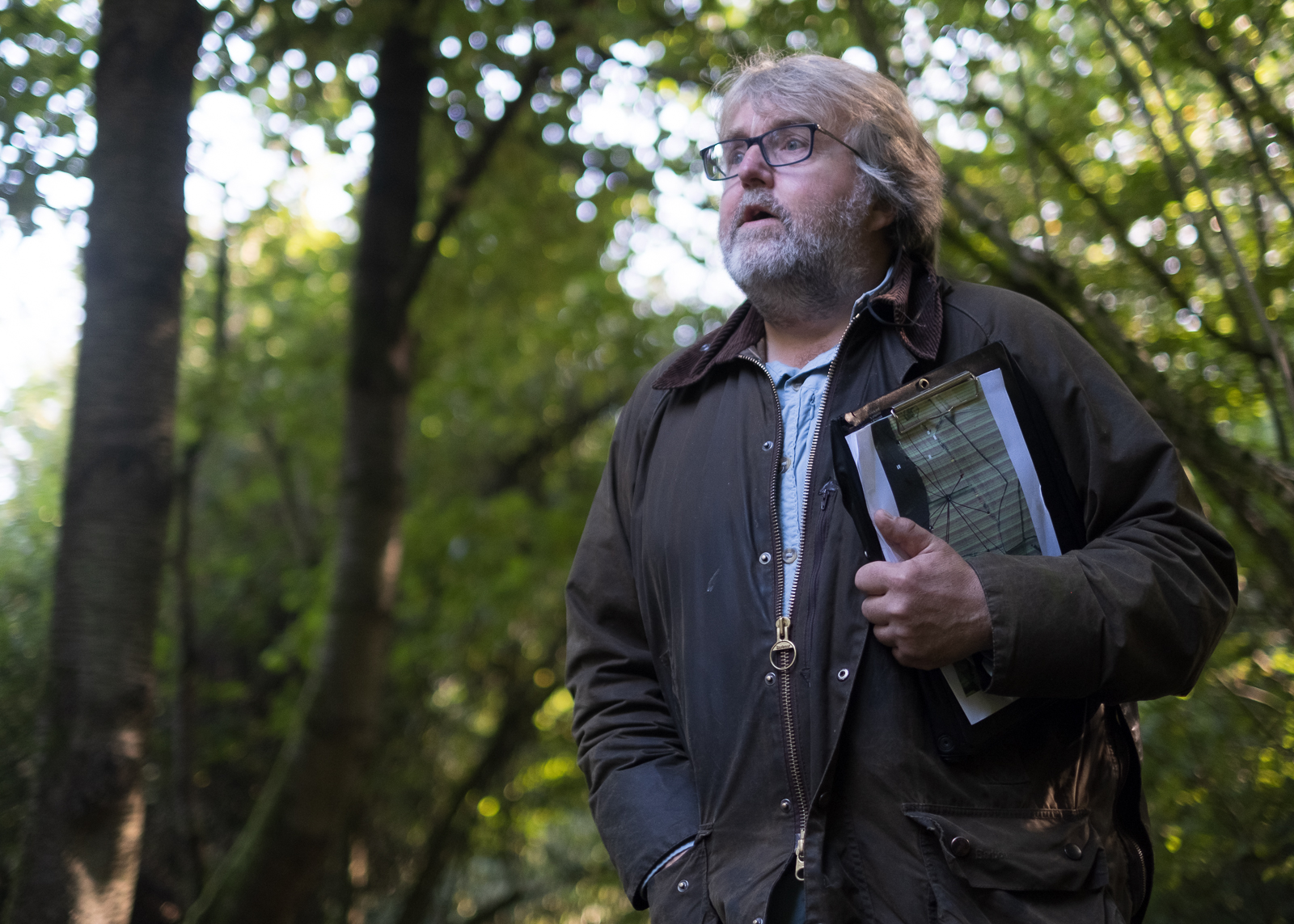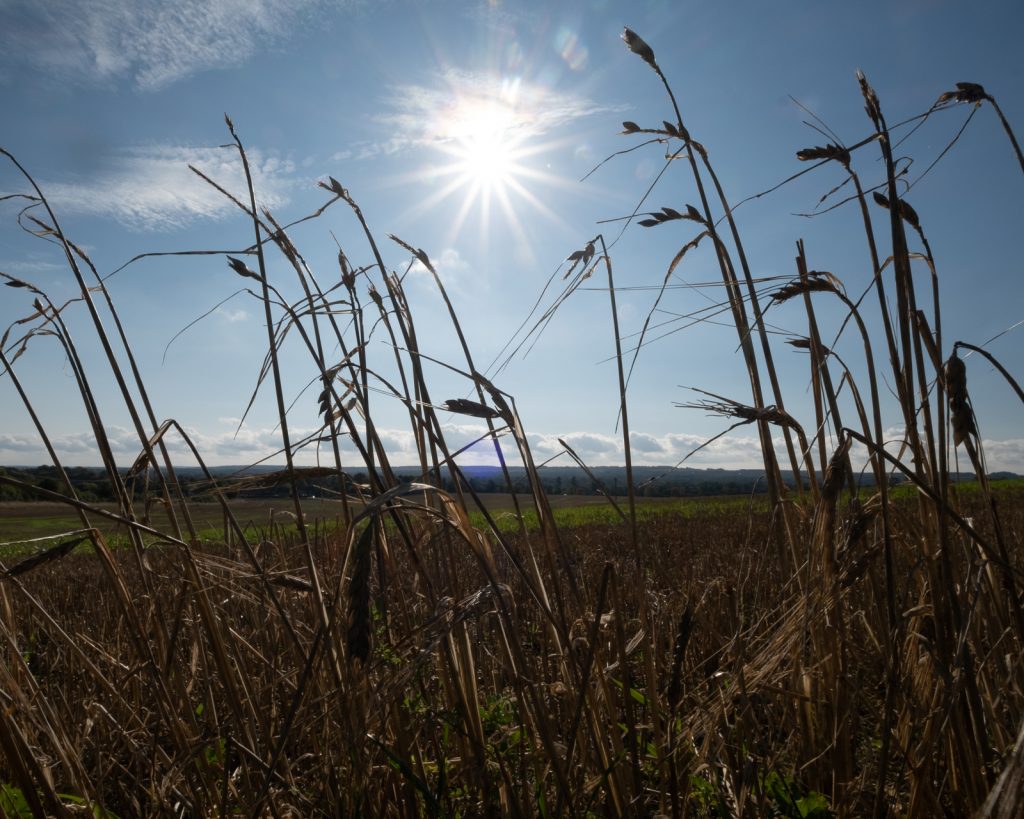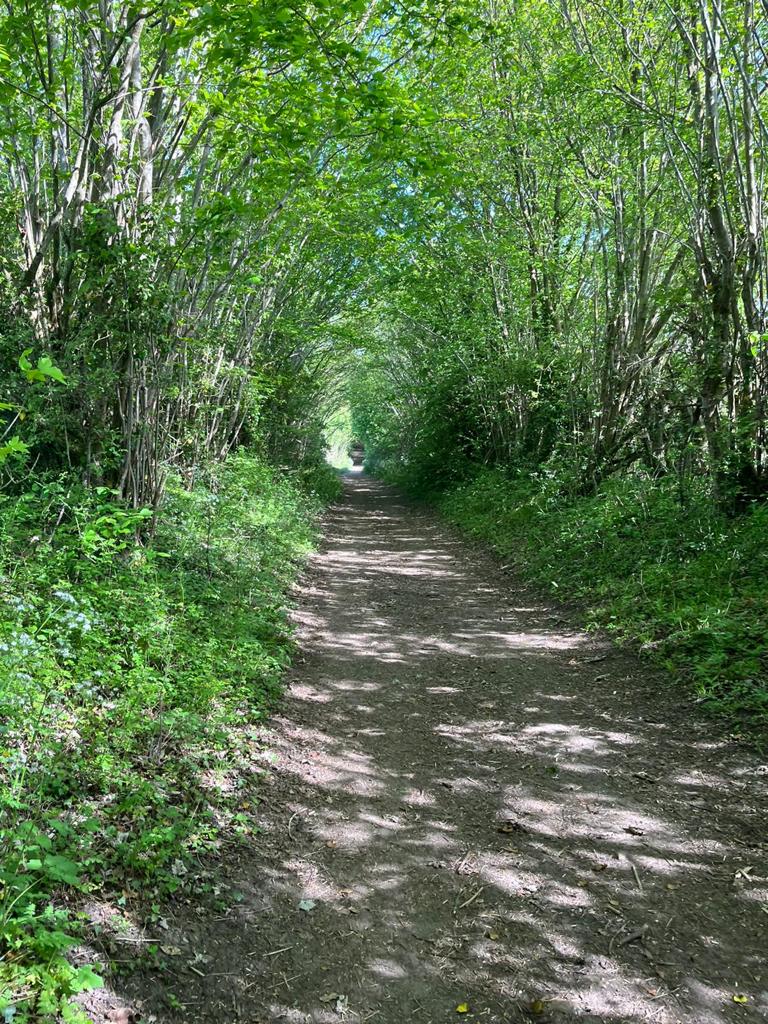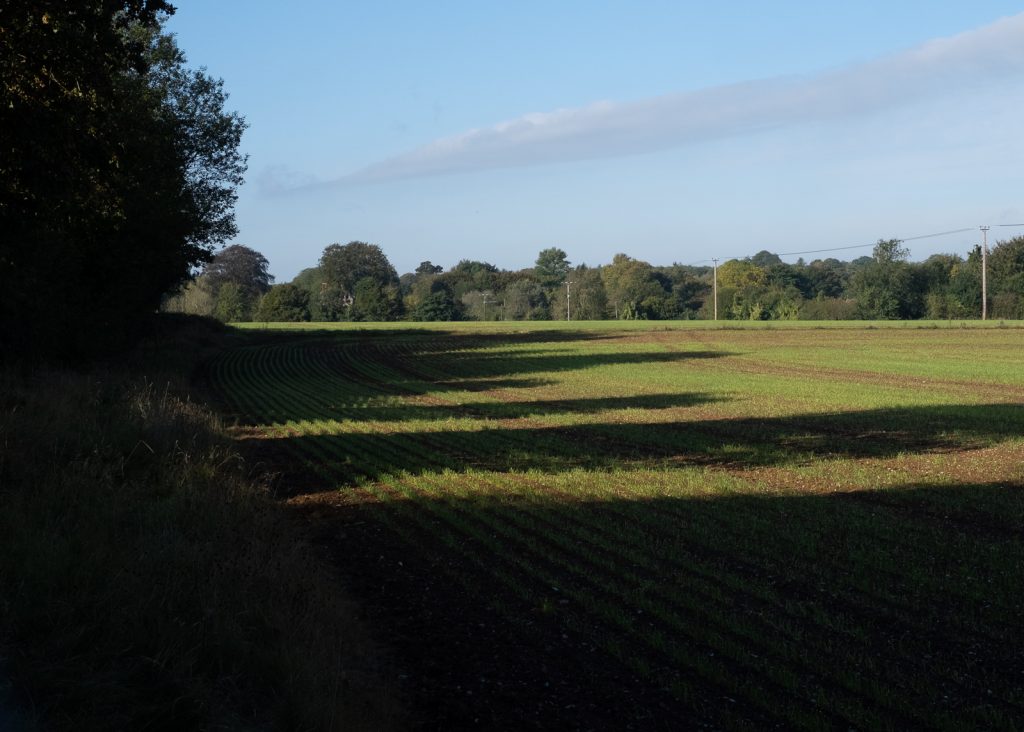Increasing access to nature while protecting and enhancing the environment are key to plans for the new community at Manydown.
From open green spaces, playgrounds, ancient woodlands, arable fields and the 250-acre countryside park, the development aims to support wildlife, helping it to thrive in both existing and new habitats.
We are working with some of the country’s best ecology experts to create a place that will allow us to enhance the biodiversity of the area and respond to the ecological emergency.
One of those experts is Paul Chester.

Paul oversees all aspects of Manydown that relate to ecology and biodiversity. He has been working with other experts and the project management team to ensure biodiversity is fully considered across the project and that the development protects and enhances the flora and fauna of the area.
“From an ecology point of view, Manydown is very exciting, which may come as a surprise to some people. Whilst the scale of a project like Manydown may appear daunting, it is its scale that also provides a massive opportunity."
Paul Chester, Ecologist Tweet

“The ability to plan for biodiversity on this scale is rare and ensures that the piecemeal approach that has often been adopted as towns and cities have expanded is avoided. The ability to view the development and its potential impacts and opportunities in its entirety at the outset is massively important in the design of mitigation and enhancement plans. It enables these to be tested against the final plan and ensures that the projects biodiversity enhancement aspirations are robust.”
“It is also rare to have such a large area within a development as a dedicated countryside park. This includes areas that have existing biodiversity value, particularly the ancient woodlands associated with Worting Wood, Wootton Copse and Marvel Row Copse. Manydown will allow us to return all woodlands in the countryside park to optimum health which has associated benefits for many species. Elsewhere intensively farmed arable fields will be reverted to habitats such as chalk grassland. There are also opportunities to reinstate habitats that have long since disappeared from the local area, for example, dew ponds. Obviously, this is not without challenges, particularly balancing nature with access for all. However, through appropriate design we believe that we can deliver for biodiversity whilst also providing a park that can be enjoyed by local communities.”
Paul is also working on the plans for the countryside park and to protect trees within the ancient woodland. Another key task is maintaining an ongoing programme of ecology surveys and monitoring that will ensure that the development is informed by robust and accurate surveys throughout.

"There are lots of opportunities across the Manydown development to enhance the area’s biodiversity. Modern farming has had a big impact on biodiversity and you can see this across the UK. It’s not just in the fields and associated habitats, but particularly field boundaries are often poorly managed. Woodland habitats also often become abandoned. The development of the countryside park will allow some of this to be reversed here and enable us to put appropriate management structures in place for the future."
Paul Chester, Ecologist Tweet
"The areas where new residents will live also present us with lots of opportunities to reintroduce species well suited to urban environments. For example, the house sparrow and starling are declining as well as hedgehogs – we will ensure these species have a place at Manydown."
Paul Chester, Ecologist Tweet

Paul has a lifetime’s worth of experience to draw from and invest in Manydown – he spent his childhood helping his father carry out his duties as a voluntary warden at a Yorkshire Wildlife Trust reserve and some of his earliest memories were watching badgers and other birds and animals. It made perfect sense that his career would follow a similar path and he is now one of the country’s leading ecology consultants, making sure large-scale projects such as Manydown enhance the natural environment.
And he is not the only ecologist working with us at Manydown. Dr Phil Wilson, one of the UK’s leading botanists, has a particular interest in arable plants with specific knowledge of the Manydown Estate that extends over 20 years. He is developing the enhancement strategy for rare arable plants and is currently gathering seed, which is stored in the millennium seedbank at Kew Gardens and will be used to establish an arable plant reserve.
Dr Jonty Denton is working with Paul on some environment surveys. He is a Hampshire-based ecologist who has worked with Paul for over 20 years and is one of the leading field naturalists in the UK and has an incredible knowledge of the flora and fauna of Hampshire.
We will hear from them in future blogs.

